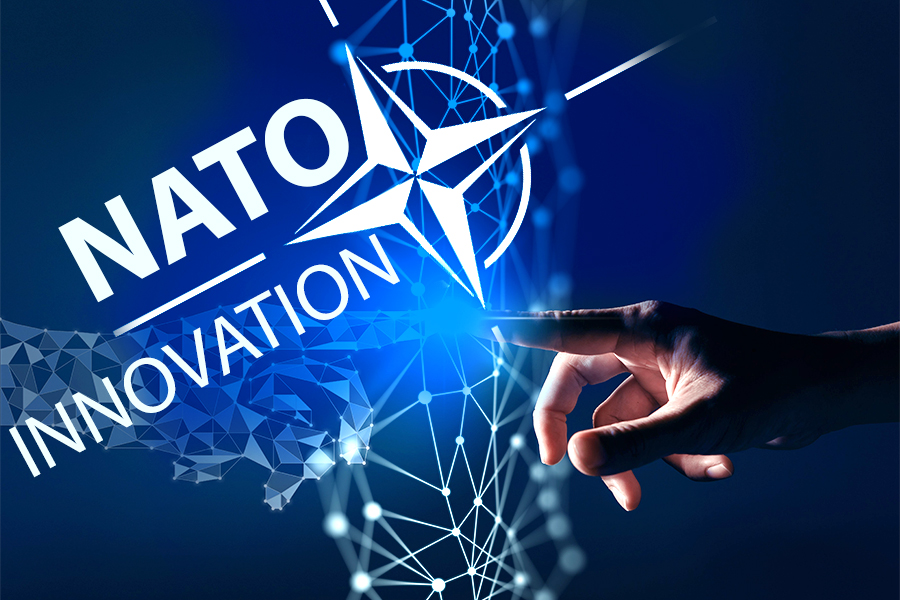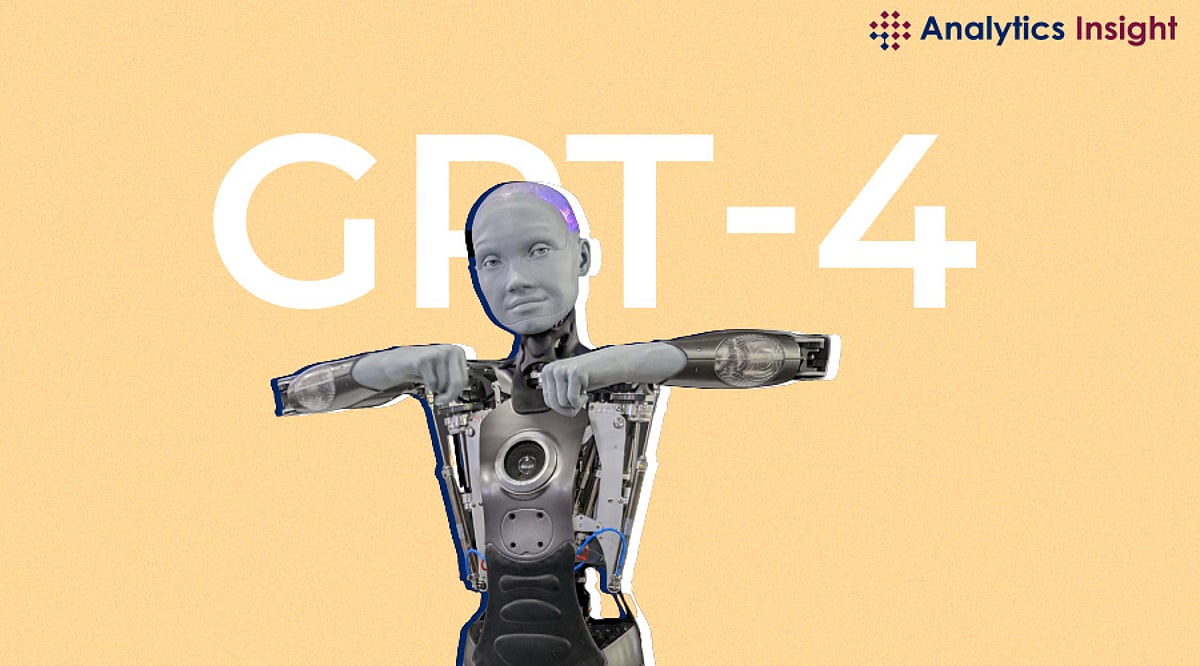- TECHSWU
- Posts
- TECHSWU #64
TECHSWU #64



"The Singularity Is Nearer" by Ray Kurzweil is a thought-provoking book that explores the future of artificial intelligence (A.I.
) and its potential impact on our society. Kurzweil, a prominent figure in the field of A.
I., predicts that in the near future, microscopic robots will be deployed into our veins, revolutionizing the way we live.
These robots, infused into our blood, will have the ability to bring about immortality, superhuman intelligence, and the elimination of social issues.
In his book, Kurzweil highlights his previous successful predictions, such as the emergence of a global information network, mobile devices, and A.
I. capable of analyzing radiology images.
He confidently states that by 2029, A.I.
will surpass humans in every skill, and by the 2030s, solar power and 3-D printing advancements will dominate the energy supply, making consumer goods free and eliminating physical scarcity.
While these predictions may seem too good to be true, Kurzweil's vision of the future is intriguing and deserves attention.
As we continue to advance in the field of A.I.
, "The Singularity Is Nearer" serves as a reminder of the potential that this technology holds and the challenges that lie ahead.

A team of researchers at the Minnesota Interactive Robotics and Vision Laboratory are developing advanced autonomous underwater vehicles (AUVs) powered by artificial intelligence (AI) to aid in marine conservation. The project, funded by the U.
S. National Science Foundation, aims to overcome the challenges of collecting vast amounts of data, understanding species distribution, and creating comprehensive habitat maps in the underwater environment.
The AUV platform, known as MeCO, will feature multiple sensors and modular components to accurately identify and track invasive species. The researchers hope that these AI-enabled robots will become effective tools for scientists and conservationists, better understanding and protecting underwater environments for ecological balance and human prosperity.
The project is considered transformative and has the potential to significantly advance the fields of oceanography and underwater environmental sciences. It is also innovative in that the researchers plan to make MeCO an open-source project, making it available to the research community and the public.

NATO has announced its first investment in the high-tech sector, with one billion euros being allocated to European companies involved in artificial intelligence, robotics, and space technology. The move comes as a response to Russia's invasion of Ukraine and aims to ensure NATO's technological advantage over aggressor states.
The NATO Innovation Fund, created in 2022, supports companies engaged in high-tech research, such as robotics, drones, artificial intelligence systems, and satellites. The selected companies will receive financial support for 15 years, providing them with stability for the commercialization and large-scale implementation of their innovative solutions.
In addition to direct investments in companies, the NATO Innovation Fund also supports venture capital management funds that invest in high-tech at an early stage. The fund aims to build capacity in regions where funding for innovative research may be difficult, with a focus on Southern and Eastern Europe.
This investment is part of NATO's efforts to stay at the forefront of technological advancements in defense and security.

Social media platform Reddit saw its stock surge nearly 9% after announcing a new update to block automated content scraping. The company made changes to its Robots Exclusion Protocol (robots.
txt file) in order to enforce its Public Content Policy, which governs the use of public content on Reddit. The move comes after reports that leading AI companies such as OpenAI, Alphabet, and Anthropic were ignoring the robots.
txt files of publishers. Reddit will also use rate limits and blocking tools to prevent unauthorized parties from scraping its content.
The update is expected to be implemented in the coming weeks and will not affect the majority of Reddit users, including researchers and non-commercial organizations. This proactive step by Reddit is seen as a way to protect its content and the interests of its users from tech companies using it to train AI algorithms.

Alter3, a humanoid robot, is set to revolutionize robotics with its integration of GPT-4, a powerful language model developed by OpenAI. Traditional robots have been limited by pre-programmed routines and complex coding, but GPT-4 eliminates the need for line-by-line coding and allows users to instruct Alter3 using natural language.
This breakthrough means that Alter3 can perform actions for which it was never explicitly programmed, making it highly adaptable and flexible. GPT-4 also takes human-robot interaction to a new level, allowing Alter3 to respond in natural language and facial expressions.
The benefits of this integration are significant, including simplified robot programming, improved collaboration between humans and robots, faster development cycles, and more intuitive robots. Alter3's behavior can also be fine-tuned based on analysis of human responses, making it even more sophisticated in its interactions.
With GPT-4 and Alter3, a new era of robotics and human-like agency is dawning.

Artificial intelligence (AI) is being integrated into various healthcare processes to address challenges and improve patient care. Solventum and Sift have developed a machine learning integration that helps reduce potential claim denials in the healthcare revenue cycle by intervening in coding and prebill validation.
San Diego State University researchers are using a $5 million grant to develop AI-driven mental health robots that act as early warning systems for potential mental health events. These robots can alert doctors of a patient's changing condition and provide appropriate interventions.
Additionally, primary care doctors are using AI tools to diagnose skin cancer, while home care providers are using AI to improve employee engagement and reduce staff turnover. These advancements in AI technology are transforming healthcare processes and delivering better outcomes for patients and healthcare providers.

The global warehousing and storage market is worth $714 billion and is a critical part of the supply chain industry. However, the fast-paced logistics industry has increased the complexity of modern warehousing, leading to inefficiencies and errors that can result in delays, increased costs, and dissatisfied customers.
To address these challenges and reshape the modern supply chain, artificial intelligence (AI) is being used to revolutionize warehouse operations. Autonomous drones equipped with spatial AI and computer vision are used for real-time inventory monitoring and tracking.
Robotic arms with advanced sensors and AI capabilities can handle diverse products with precision and care, reducing the risk of damage. Robots embedded with large language models (LLMs) are improving human-machine collaboration by understanding and interpreting human language, facilitating smoother technology integration.
Meanwhile, innovative Robots-as-a-Service (RaaS) subscription models make AI technologies more accessible and affordable to small and medium-sized enterprises. As AI continues to evolve, these innovations are paving the way for a more efficient, accurate, and safe logistics environment.